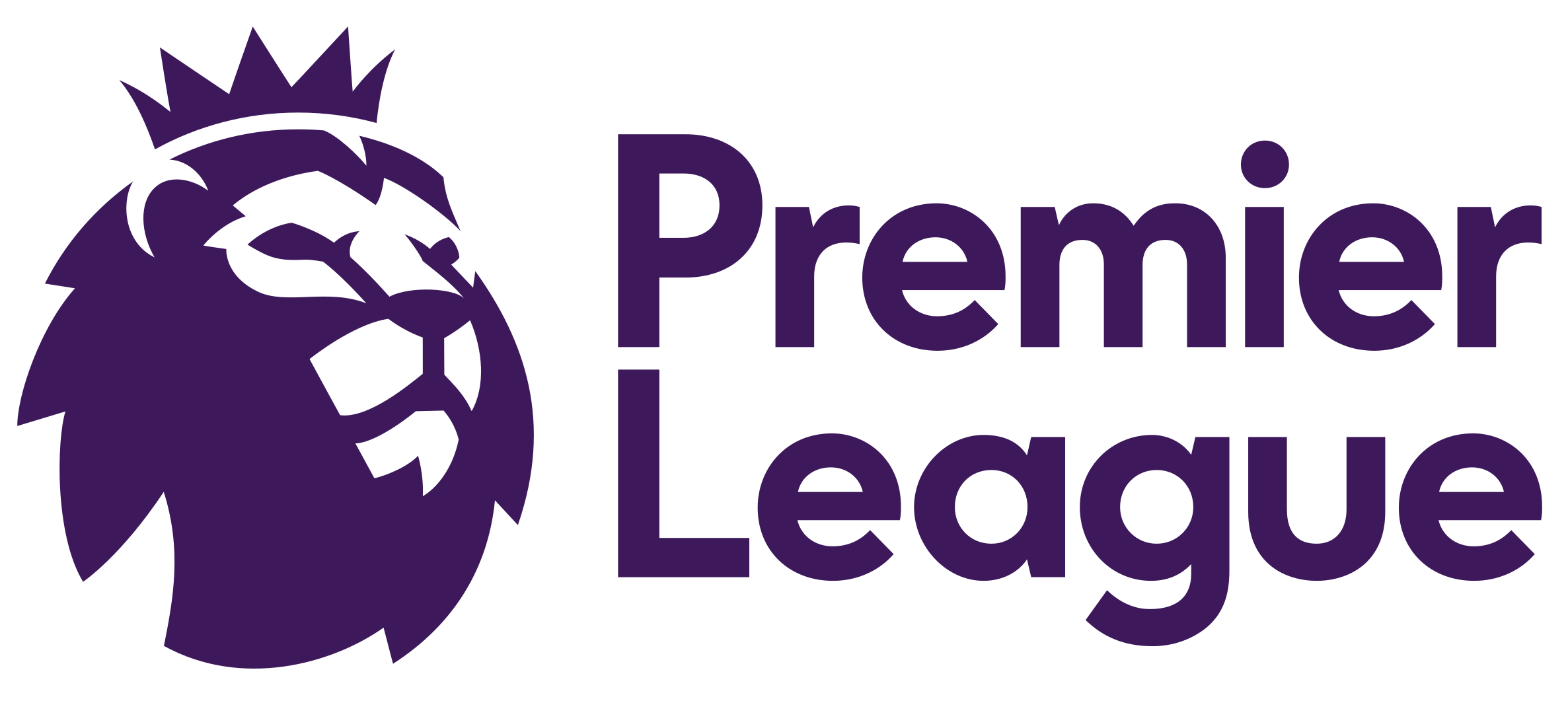Equality Policy
The aim of Kick It Out’s Equality Policy is to promote its own equality objectives and in doing so, help to ensure that fans, players, staff, trustees, community participants and other people engaged with the organisation’s activities, such as volunteers and interns, are treated fairly and with respect.
All Kick It Out representatives must accept and adhere to this policy and to the requirements of the Equality Act 2010.
Kick It Out is continually committed to promoting inclusion and to confronting and eliminating discrimination in respect of the following ‘Protected Characteristics’ outlined within the Equality Act 2010;
- Age
- Disability
- Sex
- Gender Reassignment
- Marriage and Civil Partnership
- Pregnancy and Maternity
- Race
- Religion or Belief
- Sexual Orientation
This Equality Policy is fully supported by the Trustees of Kick it Out and the organisation’s Chief Executive Officer is responsible for ensuring the implementation of this policy.
Kick It Out will ensure that it treats everyone fairly and with respect and that it will provide opportunities for people from all backgrounds to participate in its activities and make use of, its services.
All complainants, fans, players, staff, trustees, community participants and other people engaged with the organisation’s activities can be assured of an environment in which their rights, dignity and individual worth are respected, and that they are able to engage with the organisation in an environment free from discrimination.
Complaints and compliance
Kick It Out regards all forms of discriminatory behaviour, including, but not limited to behaviour described in the 'Relevant legislation and forms of unacceptable discrimination' (below) as unacceptable, and is concerned to ensure that individuals feel able to raise any genuine grievance or complaint related to such behaviour without fear of being penalised for doing so and will be fully supported throughout the whistleblowing process.
Appropriate disciplinary action will be taken against any staff member, trustee, volunteer or intern who is found to violate the Equality Policy.
Should any person(s) believe they have been treated in a way which is thought to be in breach of this policy the incident should be reported directly to their line manager and/or the Chief Executive Officer. Where not appropriate, the incident should be raised with another senior manager or trustee.
Positive Action and Training
Kick It Out is committed to equality, inclusion and anti-discrimination. The organisation will continue challenging discriminatory behaviours and promoting equality and inclusion in football. Kick It Out understands the importance of raising awareness, education, investigating concerns and complaints, widening diversity and opportunities for under-represented groups and individuals, as well as promoting diverse role models.
This Equality Policy will be reviewed annually and amended where appropriate and necessary.
RELEVANT LEGISLATION AND FORMS OF UNACCEPTABLE DISCRIMINATION
Discrimination has been legally defined through a series of legislative acts, including the Race Relations Act, the Sex Discrimination Act, the Disability Discrimination Act and the Equality Act 2006.
In April 2010, the Equality Act 2010 received Royal Assent. The Equality Act 2010 is a law which harmonises where possible, and in some cases extends, protection from discrimination. It applies throughout England and came into force in October 2010.
Discrimination refers to less favourable treatment on the basis of particular characteristics, which are known as the ‘protected characteristics’. Under the Equality Act 2010, the protected characteristics are defined as age, disability, gender reassignment, marriage or civil partnership, pregnancy and maternity, race, religion or belief, sex and sexual orientation.
Under the Equality Act 2010, individuals are protected from discrimination because of a protected characteristic. This means that individuals will be protected if they have a characteristic, are assumed to have it, associate with someone who has it or with someone who is perceived to have it.
Forms of discrimination and discriminatory behaviour include the following:
Direct discrimination
Direct discrimination occurs when a person is treated less favourably than somebody else because of a protected characteristic they have, or are thought to have, or alternatively because they associate with someone who has a protected characteristic.
Indirect discrimination
Indirect discrimination occurs when a provision, policy or practice is applied to an individual or group that would put persons of a particular characteristic at a particular disadvantage compared with other persons.
Indirect discrimination can be justified if an organisation or individual can demonstrate that they have acted by appropriate means of achieving a legitimate aim.
Discrimination arising from disability
When a disabled person is treated unfavourably because of something connected with their disability and this unfavourable treatment cannot be justified, this is unlawful. This type of discrimination only relates to disability.
Harassment
Harassment is defined as unwanted conduct relating to a protected characteristic that has the purpose or effect of violating a person’s dignity, or which creates an intimidating or hostile, degrading, humiliating or offensive environment for that person.
Victimisation
Victimisation occurs when a person is treated less favourably because they have made allegations or brought proceedings under the anti-discrimination legislation, or because they have helped another person to do so.
Bullying
Bullying is defined as a form of personal harassment involving the misuse of power, influence or position to persistently criticise, humiliate or undermine an individual.
*Please note this is not an exhaustive list of the legal responsibilities of employees of Kick It Out and others acting on behalf of the organisation.
STAY INFORMED
Sign up to hear about our latest events, campaigns and news.
Subscribe to receive email communications from Kick It Out. You can unsubscribe at anytime by using the link at the bottom of the emails or contacting [email protected]. For full details of how we will use our data, please see our Privacy Policy.





